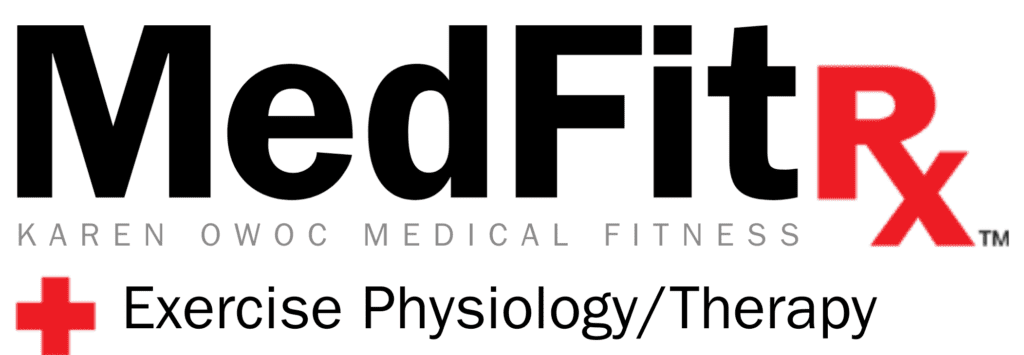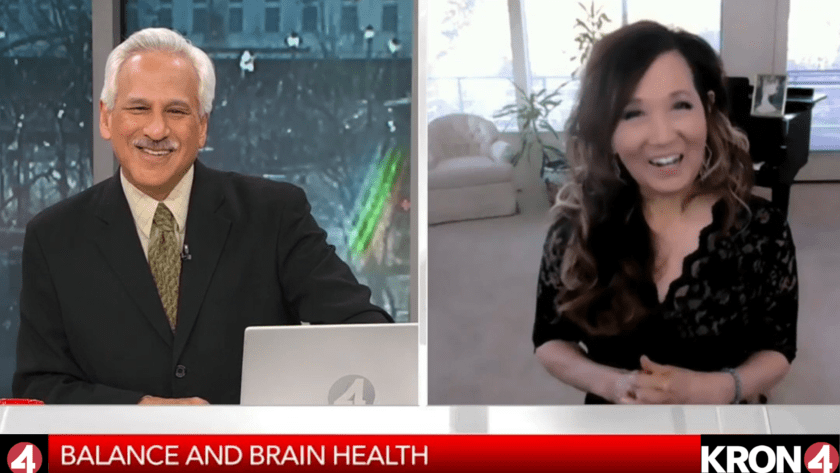When you’re young and agile, it’s easy to climb stairs or ride a bike. Remember hopscotch? Bending down, picking up an object, and hopping through squares on one foot? Did you ever think twice about that amazing balancing act? Fast forward to middle age. After age 50, reflexes and coordination slow down, muscle mass and strength decrease, and eyesight declines. All this can lead to reduced balance and an increased risk of falling. Here’s why balance is so important and what the loss of it can indicate.
Inability to Balance on One Leg Reflects Brain Health
Balance is something you rarely think about, because it comes naturally. Researchers in a 2014 study of 841 women and 546 men (average age 67) found that the inability to balance on one leg for longer than 20 seconds was associated with diminishing brain health and linked to:
- Microbleeds in the brain
- Ischemic strokes
- Cerebral small vessel disease
- Lower scores on cognitive tests
This is the first study that examined shorter one-legged standing times as an indicator of overall brain health. Subjects performed single-leg balance test on each leg, then their brains were evaluated using brain MRI.
In a 2022 study, researchers found that men and women aged 51-75 years that can’t balance on one leg for 10 seconds are more likely to die in the next seven years than those who can do it. The results were the same when they adjusted for age, sex, height, weight, and comorbidities.
Maintaining balance is an integral part of maintaining overall health and fitness.
Signs of Poor Balance
- Falling, stumbling, tripping
- Stooping (hunched posture)
- Slow gait
- Climbing stairs with two feet per step instead of one
- Inability to stand on one leg for 60 seconds
- Shuffling gait (“drags” the feet instead of picking up the feet to walk) — This is an early sign of loss of muscular coordination because the part of the brain that governs motor skills (the parietal lobe) is affected. Shuffling also increases friction on the walking surface and increases fall risk. There are many other reasons for shuffling, such as musculoskeletal weaknesses, ill-fitting shoes/slippers, fear of falling, medication side effects, etc., so it’s best to be evaluated.
Take the Single-Leg Balance Test
- Cross your arms at your wrists, and hold them close to the chest.
- Elevate one leg until the thigh is parallel with the floor.
- Once stable, time how long you can hold this position.
- Any re-positioning of the foot or arms is considered a loss of balance.
How’s Your Balance?
To be functional, independent, and mobile, you have to have good balance. Walking and stair climbing require one-legged balance. If you are determined to have poor balance, it could indicate a need for an additional evaluation and closer attention.
According to the CDC, 36 million adults age 65 and older fall. That equates to 28% of adults in this age group (1 in 4) and less than half tell their doctor. A fall is the most important reason to see a doctor and be evaluated. Seek medical attention if you show signs of poor balance. Fall Risk = Brain Risk. Falling once doubles the chances of falling again.
Learn more about our research-proven Balance Training program.

![]() Karen’s Fit Tip: Don’t shrug off a fall. Consider it a health clue. If you have trouble with balance exercises, connect with a professional to help assess your balance, identify muscle imbalances/weaknesses, and help improve your functional fitness. If you can’t balance on one leg, there are modifications that can be applied to get you started from where you are.
Karen’s Fit Tip: Don’t shrug off a fall. Consider it a health clue. If you have trouble with balance exercises, connect with a professional to help assess your balance, identify muscle imbalances/weaknesses, and help improve your functional fitness. If you can’t balance on one leg, there are modifications that can be applied to get you started from where you are.





